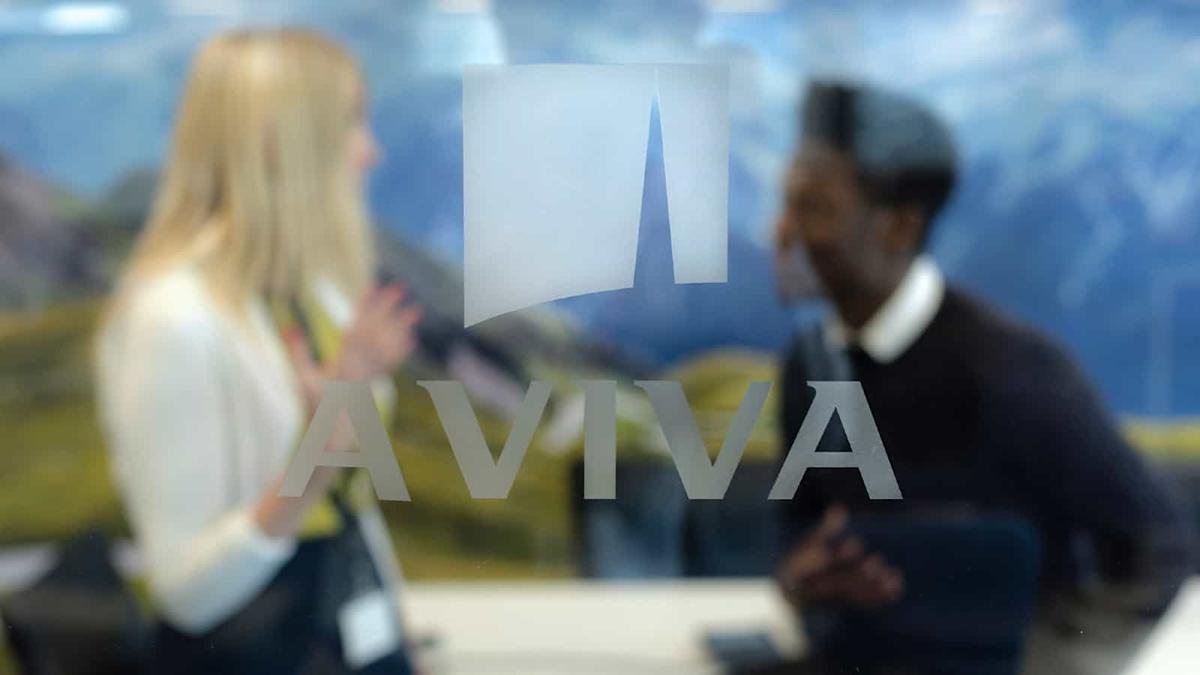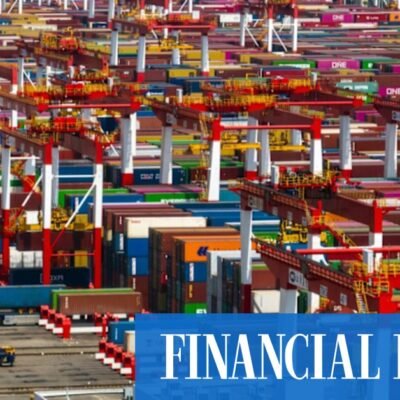This year, the Aviva (LSE: AV.) share price has shot up spectacularly. However, over the last week or so, it’s fallen by around 8%.
Should investors consider buying the dip? Or is there potentially more share price weakness on the cards here?
In these situations, it’s always a good idea to understand why the share price is falling. It’s not smart to just blindly buy a stock because it’s come down in price.
Zooming in on Aviva, it’s pretty easy to work out what’s going on. It’s the carnage in the UK government bond (gilt) market (and global bond markets) that’s spooking investors.
Since late August, long-term gilt yields have soared (to their highest level since 1998) on the back of concerns over persistent inflation and fiscal sustainability while long-term US bond yields have rocketed too. And this has created some uncertainty for British insurers like Aviva.
One issue here is that when bond yields rise, their prices fall. So the value of bonds on insurers’ balance sheets is now lower than it was.
Another issue is that many of these companies are active in the liability driven investment (LDI) space. LDI investing is designed to calculate an organisation’s future liabilities and then generate returns from a mix of assets (stocks, corporate bonds, gilts, gilt derivatives, etc.) to meet these liabilities.
When there’s volatility in the gilt market, things can get messy, especially for firms that own gilt derivatives. These firms can face margin calls on their positions, leading to liquidity issues (and share price losses).
So this is an issue to be aware of right now. Because it adds risk to the investment case.
Ignoring this issue for a minute, there are plenty of reasons to be bullish on Aviva shares. For a start, recent H1 results were solid. For the period, operating profit was £1,068m, up 22% year on year. Meanwhile, Insurance, Wealth & Retirement (IWR) sales were up 9% to £21.5bn.
Secondly, dividends are rising. On the back of the company’s strong H1 performance, the firm hiked its payout by 10%. It’s worth noting that the yield‘s attractive. Currently, it’s 5.5%.
Third, the valuation isn’t very demanding. Looking at next year’s earnings forecast (58.5p per share), the forward-looking price-to-earnings (P/E) ratio is only 11.
The company also has a top CEO in Amanda Blanc. She has really improved Aviva’s performance since taking over in 2020.
Finally, the company just acquired Direct Line, and it’s confident this acquisition will contribute to future growth.
So weighing this all up, is the insurance stock worth considering? Possibly. But investors need to be aware of the risks here. If the carnage in the UK and government bond markets gets worse, the Aviva share price could continue to move lower.





